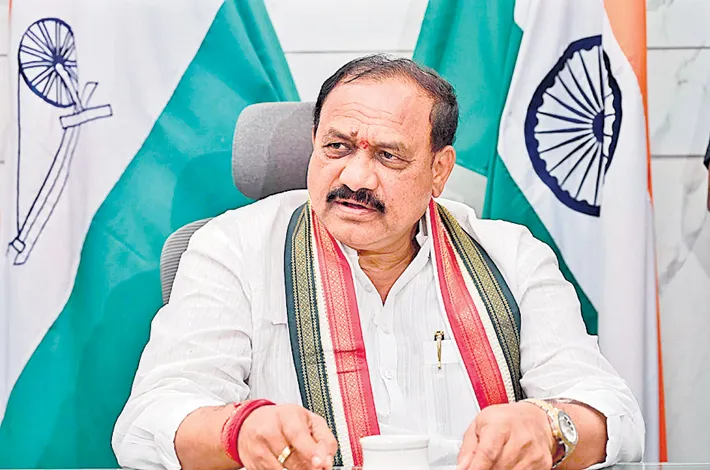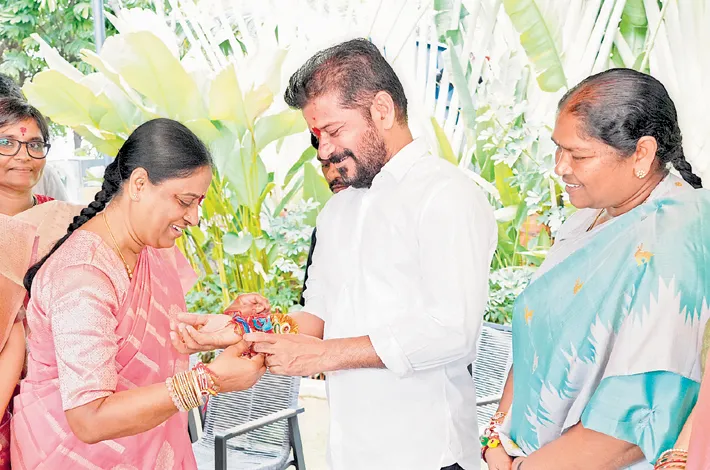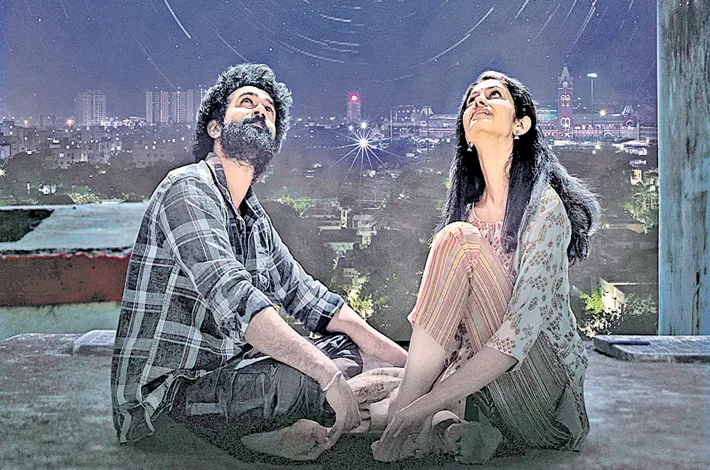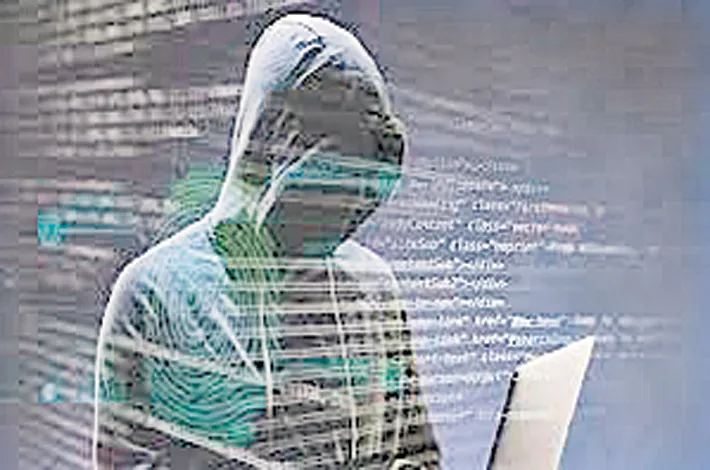YS Vivekananda Reddy Murder: CBI wraps probe, Supreme Court to decide further action
10-08-2025 12:00:00 AM
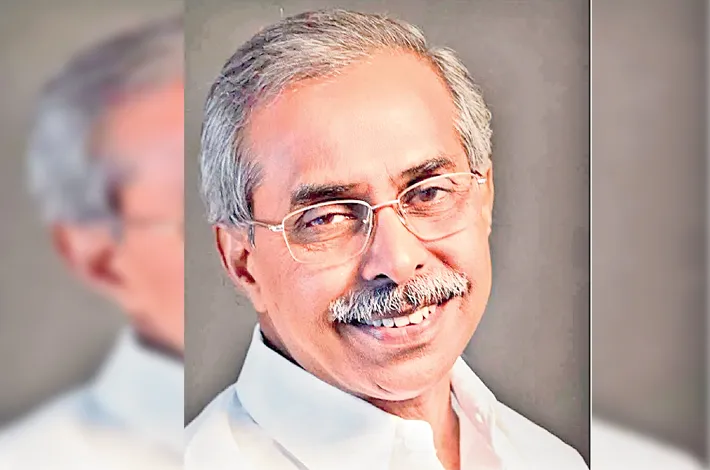
- March 15, 2019: YS Vivekananda Reddy found murdered at his Pulivendula home.
- July 2020: CBI takes over the investigation from state SITs after petitions and court directions.
- Oct. 26, 2021: CBI files initial chargesheet against four accused.
- Jan.–July 2022–2023: Supplementary chargesheets add more accused; Dastagiri turns approver; CBI continues witness statements and evidence collection.
- Nov. 29, 2022: Supreme Court transfers trial from Kadapa to special CBI court in Hyderabad.
- May 2023: Telangana High Court grants anticipatory bail to YS Avinash Reddy, which is later challenged in the Supreme Court.
- March 2025: Key witness Ranganna dies; tally of suspicious witness deaths reaches six; Andhra Pradesh forms SIT to probe these deaths.
- Aug. 5, 2025: CBI informs Supreme Court its probe is complete; next hearing fixed for Aug. 19, 2025.
Over six years after the brutal killing of former Andhra Pradesh MP YS Vivekananda Reddy that shook the political landscape of Kadapa, the case remains a thorny mix of murder mystery, political intrigue, and personal betrayal. With the Central Bureau of Investigation (CBI) announcing the completion of its probe to the Supreme Court on August 5, 2025, the next phase now hinges on the apex court’s upcoming decisions, including the fate of Kadapa MP YS Avinash Reddy’s bail.
The murder, committed in the early hours of March 15, 2019, at Vivekananda Reddy’s Pulivendula residence, was marked by unusual brutality and immediate allegations of political conspiracy. What began as a local police case shifted to the CBI in July 2020 after sustained legal pressure from Vivekananda’s daughter, Dr. YS Suneetha Narreddy, who alleged manipulation of evidence and intimidation of witnesses.
In its submission to the Supreme Court, the CBI said no further investigation is currently required unless directed by the court. Eight individuals have been named in the chargesheets, including Avinash Reddy (Accused No. 8), his father YS Bhaskar Reddy, Erra Gangi Reddy, G Umashankar Reddy, Yadati Sunil Yadav, Shaik Dastagiri, Devireddy Sivasankar Reddy, and Uday Kumar Reddy.
The agency’s case links the murder to two possible motives: a political rivalry over the Kadapa Lok Sabha seat and disputes surrounding a land deal in Bengaluru. Dastagiri, a former driver of the deceased, turned approver and claimed Avinash Reddy and his associates orchestrated the killing.
The case has been plagued by the unexplained deaths of six witnesses, most recently that of watchman Ranganna in March 2025. The Andhra Pradesh government has since formed a Special Investigation Team (SIT) to probe these deaths. The SIT is questioning individuals, including Kasunuru Parameshwar Reddy, amid fears of systematic witness elimination.
Dr. Suneetha has repeatedly accused Avinash of attempting to silence witnesses and manipulating the police machinery in his favour. Speaking to Metro India, she said, “We never imagined Avinash, whom we knew as a child, would be linked to my father’s murder. He even asked me to sign a letter blaming his political rivals Adinarayana Reddy, Satish Reddy, and BTech Ravi for the crime. Thanks to the judiciary’s intervention, the case went to the CBI, but justice is still delayed.”
Frustrated by what she called a slow and compromised local investigation, Vivekananda’s daughter, Dr. N. Suneetha, petitioned the Supreme Court to shift the trial venue and to press for CBI involvement. In late November 2022 the Supreme Court transferred the trial from Kadapa to a special CBI court in Hyderabad; the transfer was aimed at securing an environment less vulnerable to local influence and intimidation. Despite that transfer and the CBI’s charge filings, a substantive trial has still not run to completion. On August 5, the CBI told the Supreme Court its probe is finished and asked for directions on next steps;
The court has postponed substantive orders to the August 19 hearing. Among the issues to be decided is whether the trial can proceed in parallel if the court orders some additional investigative steps and whether the anticipatory bail granted to Avinash Reddy by the Telangana High Court in May 2023 should be cancelled.
The murder has long been a political flashpoint, as Jagan’s estranged sister, YS Sharmila, has openly supported Suneetha’s fight for justice, while YSRCP leaders allege that the case is being weaponised by the ruling NDA coalition in Andhra Pradesh to tarnish their image.
Former Minister Muruga Nagarjuna said, “Whenever elections approach in Kadapa, Naidu uses Viveka’s daughter and her husband to spread propaganda against Avinash. Sunitha has become a pawn in his political game.” He questioned why, even after years of investigation, details about Vivekananda’s alleged second wife and her communications remain undisclosed. Nagarjuna also raised doubts over Dastagiri’s transformation from a driver to a man with a “convoy and an expensive Supreme Court lawyer,” alleging links to Naidu’s network.
The coming weeks will be decisive, as the Supreme Court hearing on August 19, will consider the CBI’s statement that the probe is complete, decide whether any further investigation is required, and rule on whether the trial can move forward while additional inquiries are conducted. The court will also hear petitions including by Suneetha seeking cancellation of Avinash Reddy’s anticipatory bail. If the court cancels bail, Avinash would face the practical constraint of custody while the trial proceeds, which could change the tenor and speed of proceedings.
Also, the SIT probing suspicious deaths will produce findings that may reverberate in court. If those investigations produce evidence of foul play or links to any of the accused, the prosecution’s case would be strengthened dramatically; conversely, if the SIT finds natural causes or no criminal nexus, defense counsel will press for acquittals or dropped counts. The SIT’s continuing work therefore has direct bearing on both evidence and political narratives.
“Even with a completed CBI probe, the pre-trial process, framing of charges in the CBI special court, witness lists, cross-examinations, and admissibility hearings can be lengthy. Courts will also rule on whether certain closure reports filed by the state should be accepted; the Supreme Court has asked the CBI to clarify its stance on such closure reports, which complicates the short-term outlook,” said Padiri Raviteja, Supreme Court Advocate.
The Vivekananda murder case is not merely a legal fight for the family: it has become a symbol of whether powerful local actors can be held to account in politically charged murders. For Suneetha, the fight is deeply personal, “I will not rest until every person involved, regardless of their power or political connections, faces the law. My father’s soul deserves justice.”
For Pulivendula, the case remains more than a legal battle, it’s a bitter family feud that has spilled into the heart of Andhra Pradesh politics, with the outcome likely to influence the region’s political future.





